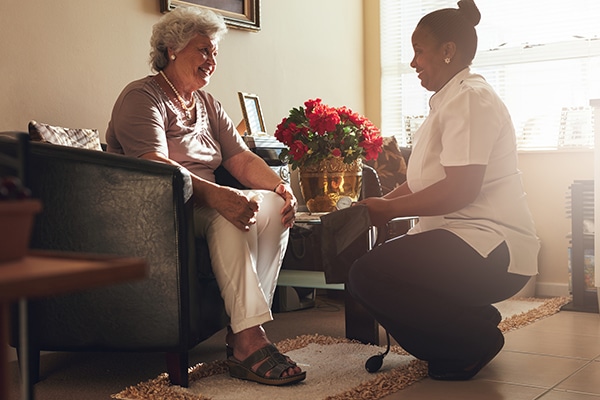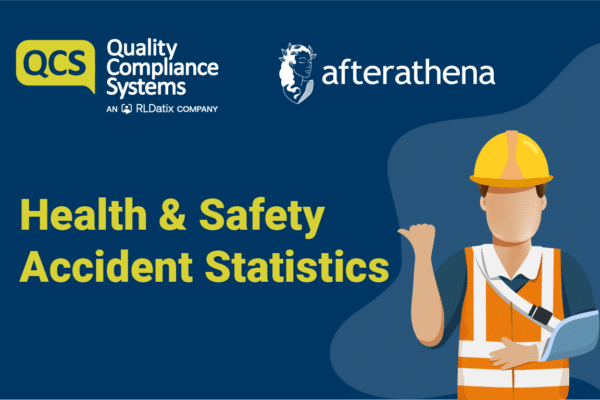
I do like the title of this recently published report into home care, based on a UNISON survey of 1,000 home care workers. I like it because it gets to the nub of home care: the visits by staff to people in their own homes are too important to be rushed, or for the staff to be untrained, or for strangers to appear on someone’s doorstep unannounced.
You can read the report here https://www.unison.org.uk/news/2017/09/care-workers-rushed-help-vulnerable-people-wash-eat-visit-toilet-says-unison/
A Vivid Picture but Depressing
Frequent concerns have been raised over the years about the crisis in home care, leading to the production of National Institute for Health and Care Excellence (NICE) guidelines https://www.nice.org.uk/guidance/ng21 two years ago. Yet the survey, from spring this year, shows that workers still report being too rushed to do their jobs properly, as well as being poorly trained and supported.
Basic Care Rushed
The length of homecare visits remains a major concern with more than three in five respondents only being given 15 minutes – or less – to provide personal care.
Three-quarters end up rushing and having to compromise the dignity or well-being of those they look after because there’s not enough time to do their job properly. This breaches the NICE guidance which says that homecare contracts ‘should ensure that workers have time to do their job without being rushed or compromising the dignity or wellbeing of the person who uses services.’
Vulnerable people are regularly missing out on basic care as a result, says UNISON. Nearly 90% of respondents do not have time for a short chat, even though the person they care for will often see no one else that day.
Three in ten (30 percent) respondents are so time-poor they are unable to wash, bath or shower the people they care for, or even help them to the toilet, though it might be hours until anyone visits again. And more than half (53 percent) cannot help them eat or drink.
‘I Don’t Want Strangers Giving me Care!’
With staff turnover rates in the industry so high, care workers are often allocated people they’ve never cared for before. The NICE guidance suggests that people receiving support at home should always meet their new care workers in advance. This is, of course, a way to ensure, through introduction and hand-over, the necessary continuity of care, and that the worker knows how the service user would like to be supported.
Equally important, however, or even more so, is the basic human need to know the person who comes into our personal space, who may well be giving us intimate personal care.
From my own experience, I’ve heard of so many fiercely proud and dignified people, often living with some dementia, who desperately want to remain in their own homes. It is so unfair for that to be made impossible simply because they refuse entry to the unknown carer on their doorstep, or panic and shout at this stranger who is ‘getting personal’ with them yet has no time for a conversation.
This survey bears out the experience that, all too often, a new carer arrives unannounced: more than three-quarters of respondents said no one had warned the person they were caring for that they would be turning up. Fewer than one in five of care workers received a formal introduction before they began looking after someone. In addition, more than a quarter received no supervision when they were starting out in their job.
Lack of Training and Support
More than a quarter of those completing the survey received no supervision when they were starting out in their job. This makes the lack of essential training shown by the survey alarming. A majority of respondents had not been shown how to care for people with mental health issues, or common but debilitating conditions such as neurological disorders (including Parkinson’s and Multiple Sclerosis (MS)), Diabetes, Dementia, sensory loss such as poor sight or hearing, and physical or learning disabilities.
NICE guidelines also say that home care workers should be able to recognise and respond to common issues around hydration, nutrition and skincare. However, around half reported no training in how to support someone who isn’t getting a balanced diet, who isn’t drinking enough, or who has skin sores, infections or injury.
A real gap in the survey is that training or competence around mental capacity was not explored (you knew I’d say that). From the responses they did receive, however, I don’t have much confidence that home care workers are all equipped with the knowledge that will help them do their job and be protected from liability, and enable them to give sensitive and human-rights based care.
The Way Forward
The report rightly says that commissioners have a responsibility to insist on packages that meet the NICE guidelines and enable people to be supported in dignity.
But many people pay privately for their own care, directly or via their relatives: providers share the responsibility now to provide the best care they can. And, as I wrote here recently there is a really good business case for training and supporting home care workers.
As a starting point, I recommend the NICE quality statements for home care, at: https://www.nice.org.uk/guidance/qs123/chapter/List-of-quality-statements
These are practical and achievable – and there are only six of them.
Home Care Really Matters
I seem to keep reading reports on how important it is – for the avoidance of human misery as well as for economic and money-saving reasons – for people to stay in their own homes as long as possible, provided they remain healthy and happy, and free from the hell of loneliness.
The importance of home care to help society achieve these vital aims cannot be overstated. And yes: the sector urgently needs better funding and proper recognition. But, while we’re waiting, let’s get the basics right: cherish our staff and respect the rights of the people who so need their services.






